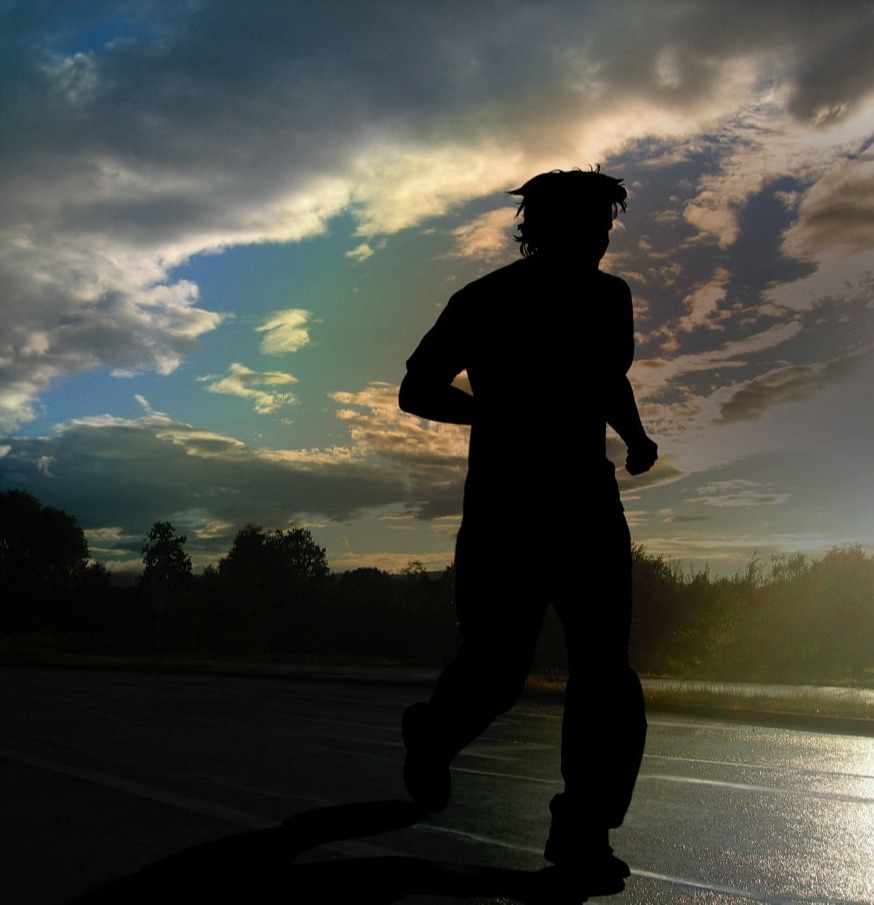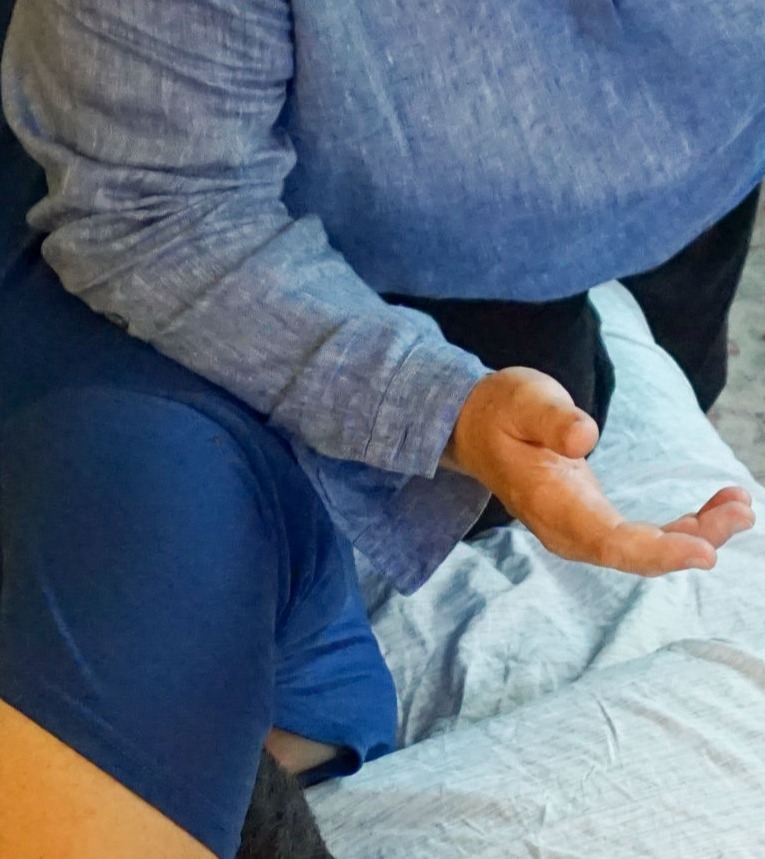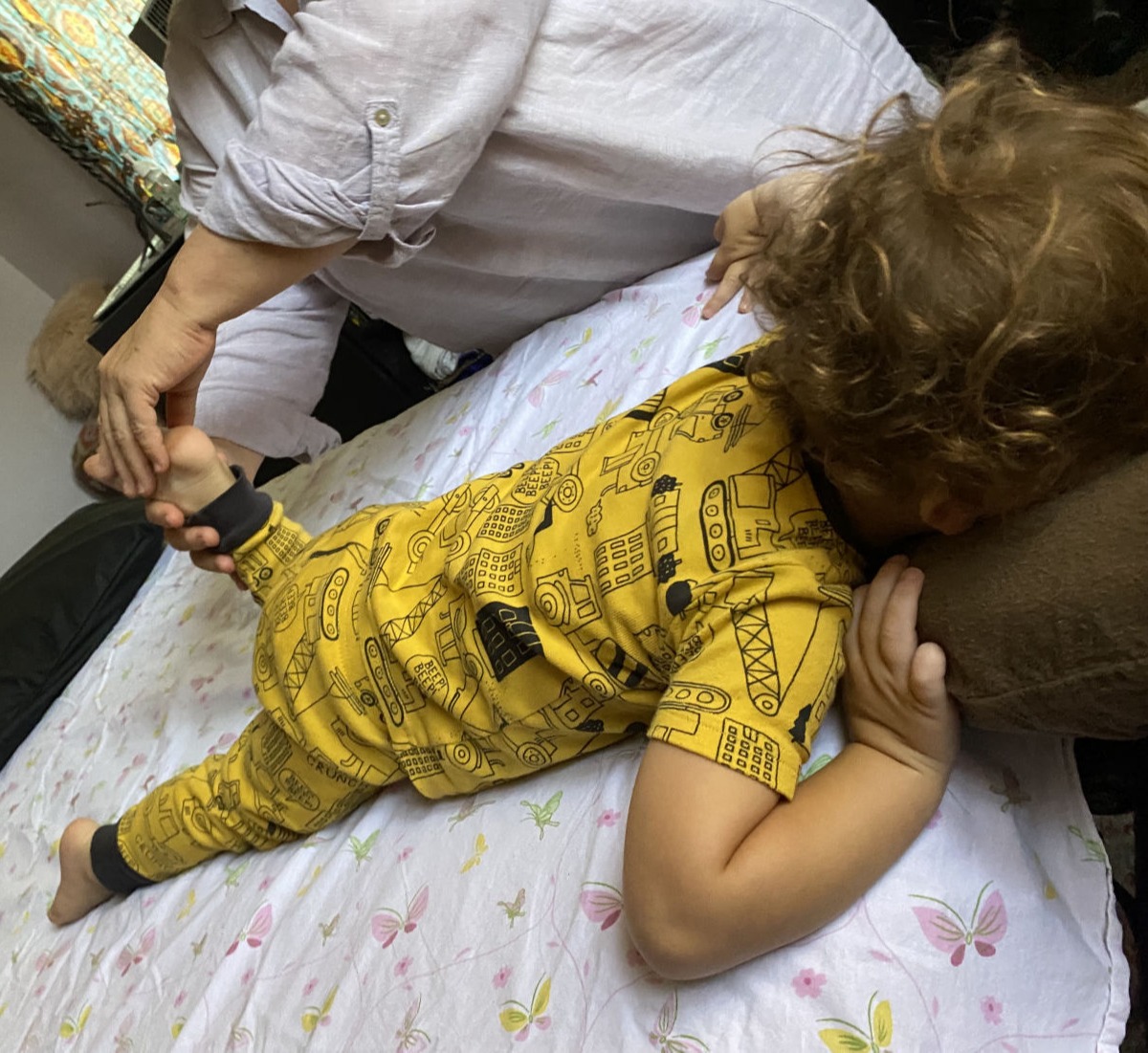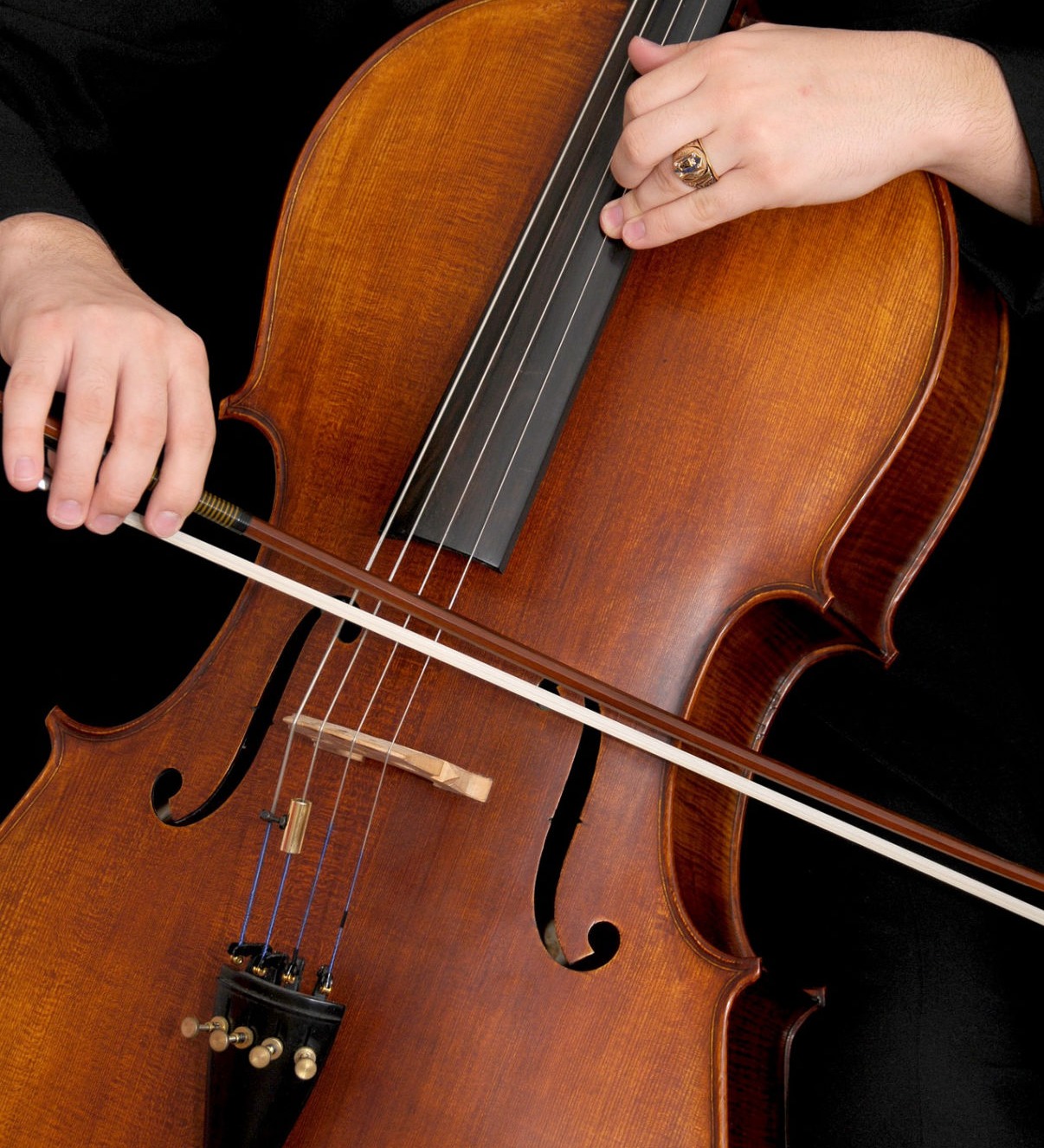We hold instruments, or postures for hours a day, practicing the same motions over and over again. We pour our emotions out, and what is that? a tweak in my back?
This is normal for musicians who have to deal with repetitive strain injuries all the time, and the emotional effects of those injuries as well. Cases of focal dystonia, performance anxiety, and joint degradation can be traced back to the body not operating efficiently.
An old musician axiom is "work smarter not harder" and this should ring true for our bodies. Bodywork can treat and identify most repetitive strain injuries before they happen
String players deal with back and shoulder pain. Regular bodywork can identify and relay the overused muscles and spread the load to the entire mechanism
Singers and wind players move lots of air, and those respiration muscles can get overworked. any slight addition of tension to this mechanism can destroy a musician's sound, or strain a singer's voice.
Pianists and guitar players have to deal in siting in the same position for long periods of time, and unknowingly this can lead to back aches, stinted muscles, and all sorts of long term playing issues
Musicians spend lots of money repairing and maintain their instruments, so investing in bodywork will help you maintain yourself.
Releasing the respiratory, thoracic and pelvic diaphragms. Balancing the shoulder girdle with the pelvic girdle can greatly increase ease throughout the body structure.






